
How Does Forage Keep Horses Warm?
Dr. Clair Thunes explains how eating hay and the digestion process helps keep horses warm.

Dr. Clair Thunes explains how eating hay and the digestion process helps keep horses warm.
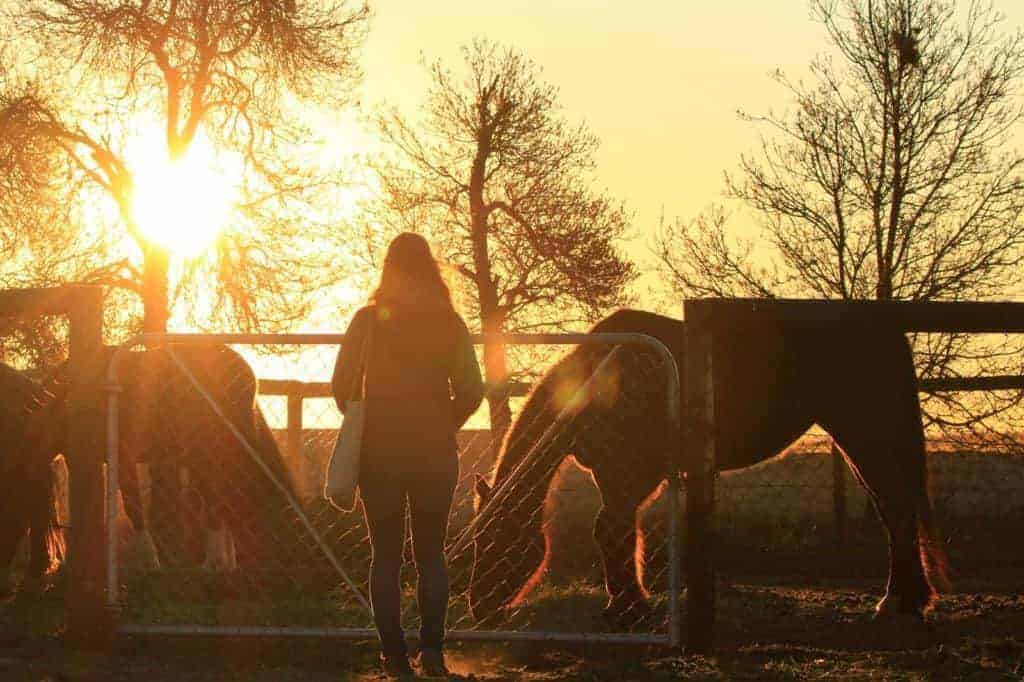
Of the 702 respondents, 293 (42%) said they ride less often because it’s dark when they get home in the evening.

Oil? Rice bran or flax seeds? Fat-fortified feed? Learn how to pick the best option for horses that are hard-keepers.

How can you make sure your horse is getting the nutrition he needs during the cold months? Ask our equine nutritionist!

Plunging temperatures, snow, and freezing rain can trigger joint discomfort. Here’s how to keep your horse comfortable.

Of the 413 respondents, 219 (53%) said they have their horses’ shoes pulled for the winter months.
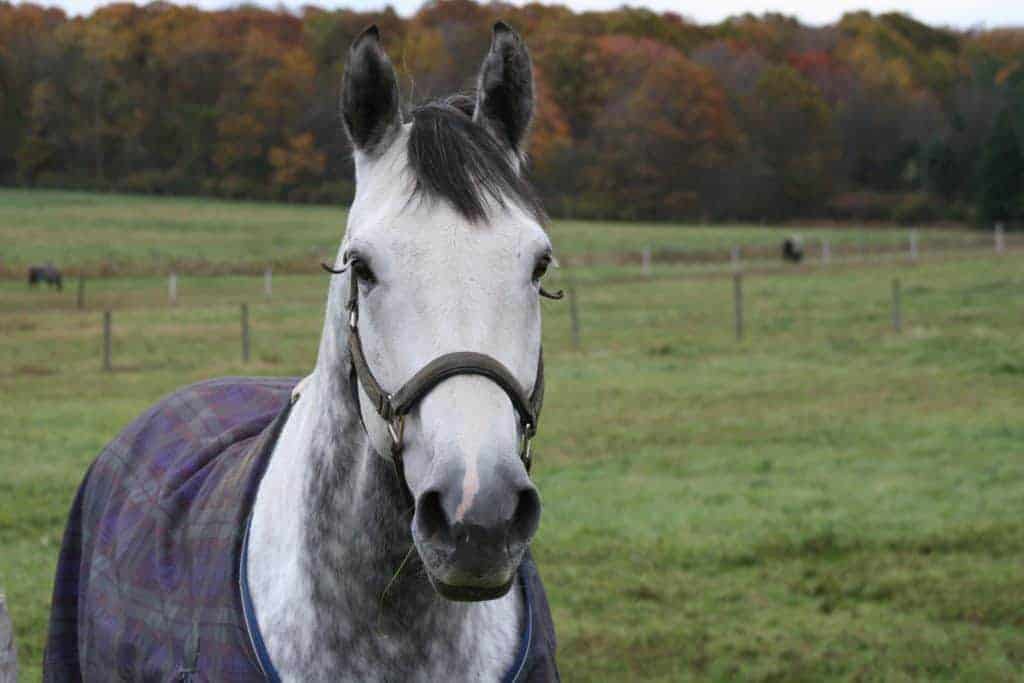
Half the owners didn’t understand equine thermoregulation, including horses’ bodily response to clipping and blanketing.

Get a head start on readying horses for the warmer weather with these tips.
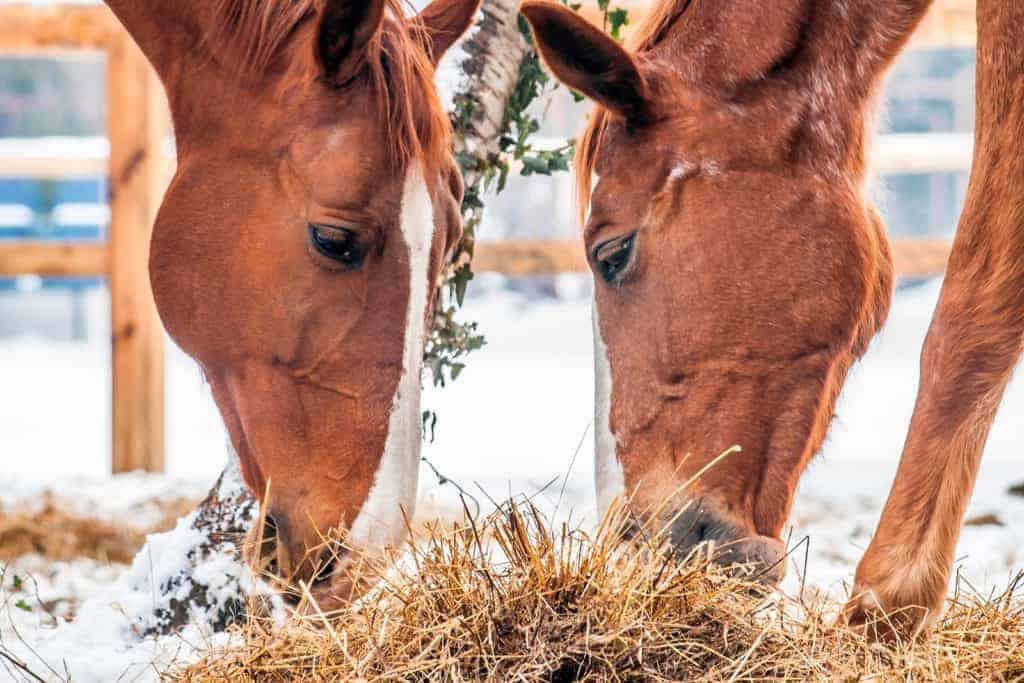
A combination of cold air and winds create dangerous conditions. Here’s how to protect your horses and other animals.

Of the 556 respondents, 190 (34%) said their biggest concern is keeping horses’ water sources from freezing.
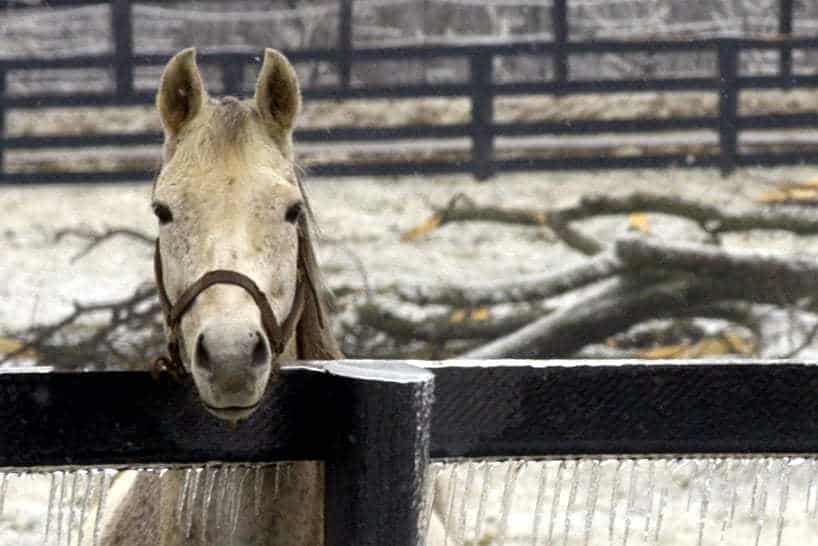
Of the 395 respondents, 234 (59%) said ice is a problem on their horse property during the winter.

Many horses are well-equipped to live outdoors and thrive, provided certain provisions are met. Here’s what to remember.

Help kick-start your horse’s furnace by providing proper fuel, particularly good-quality forage.
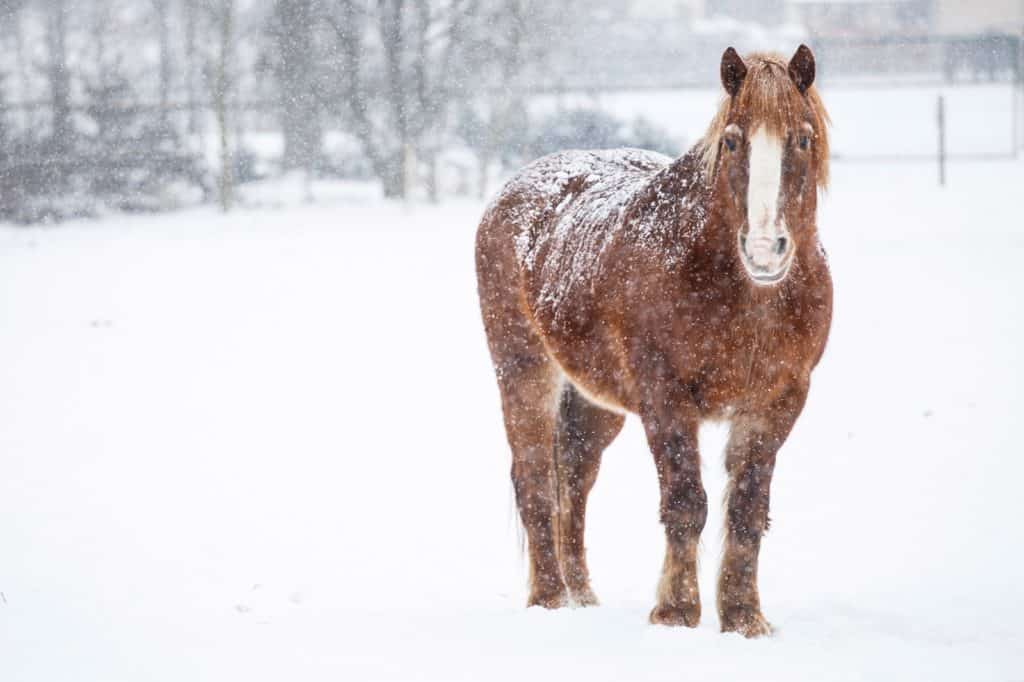
Ensure your golden oldie gets the care and support he needs, even if he’s weathered previous winters without trouble.

With cold weather comes complicating factors that could increase horses’ colic risk.

Three equine professionals offer tips for preparing your animals, facilities, and yourself for the deep freeze ahead.
Stay on top of the most recent Horse Health news with
"*" indicates required fields